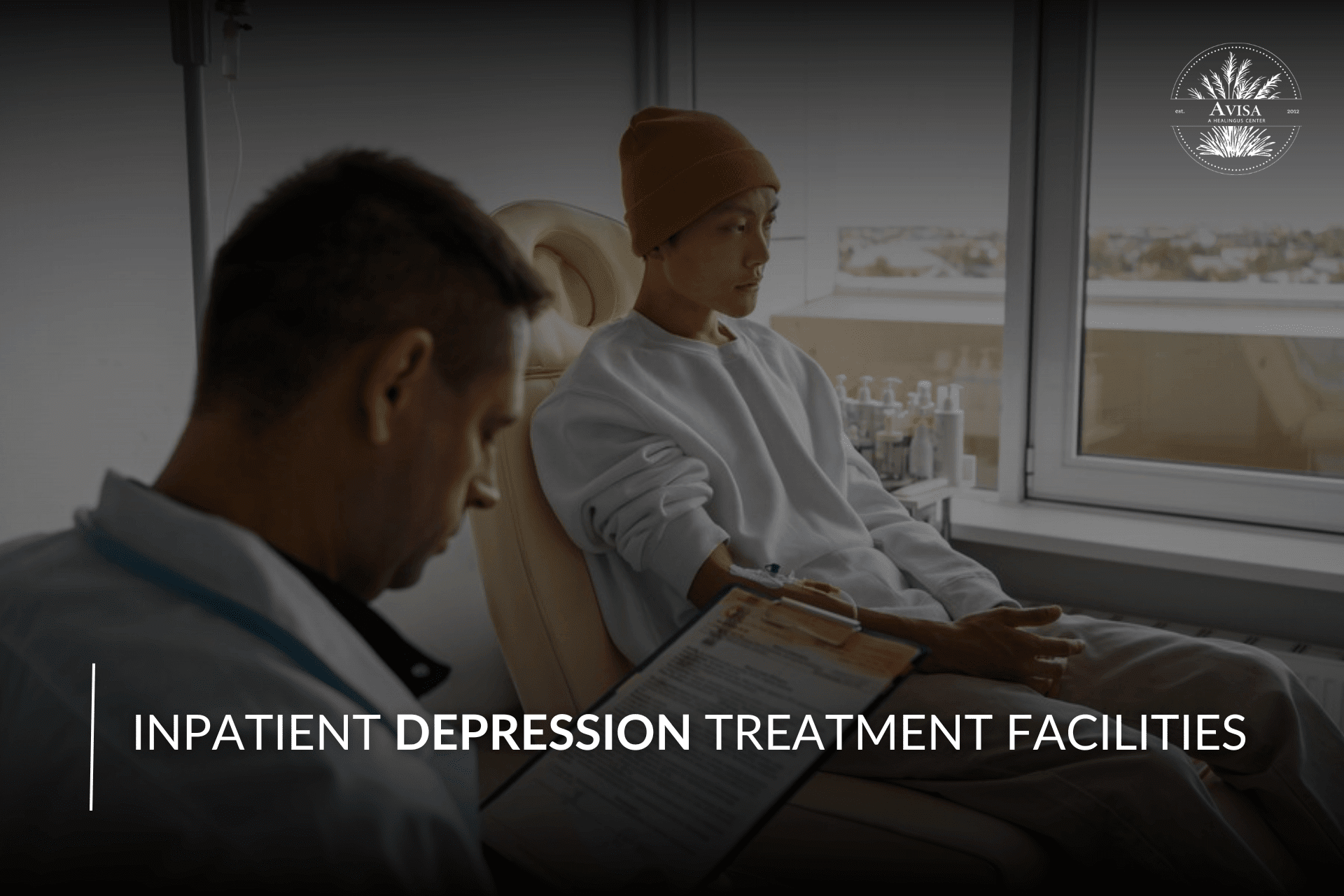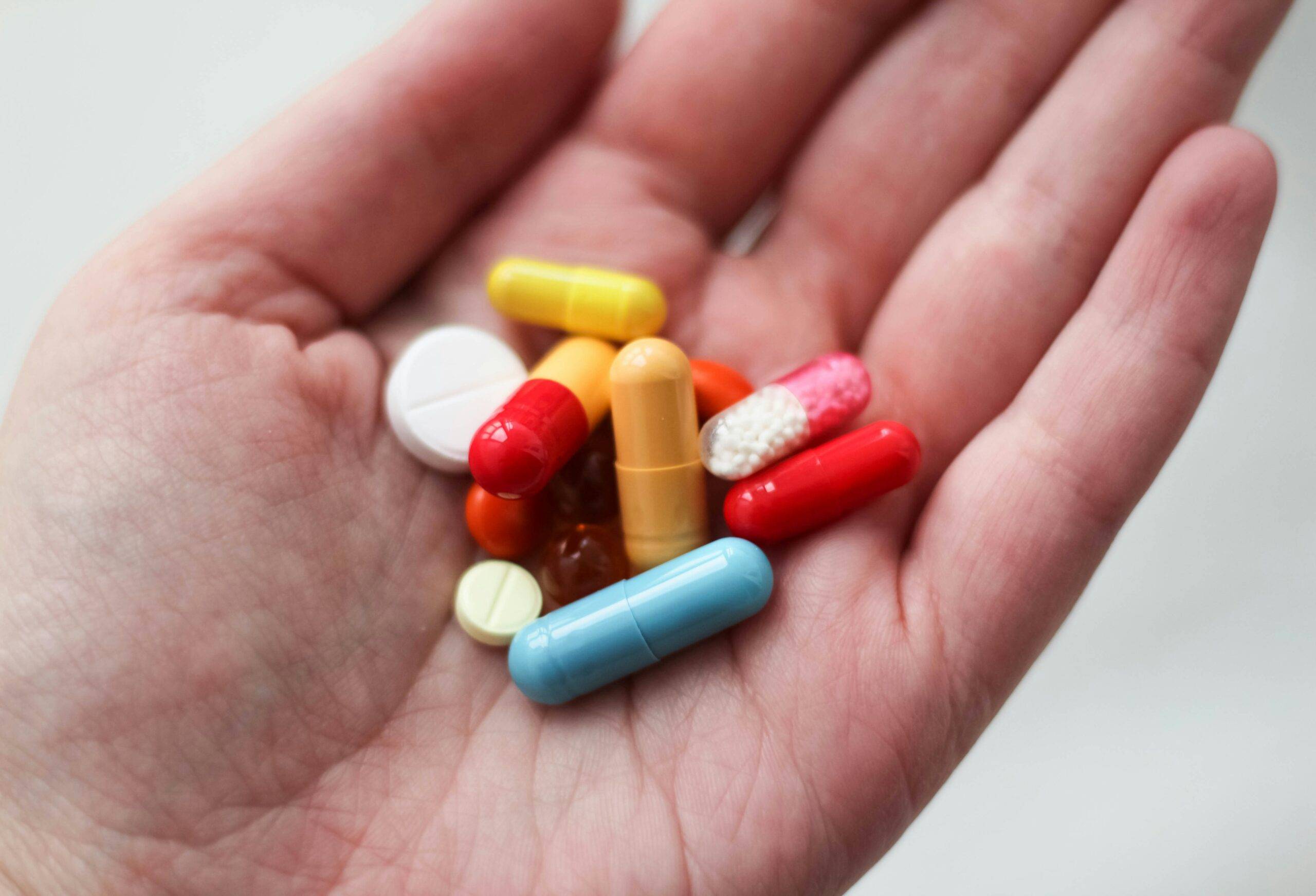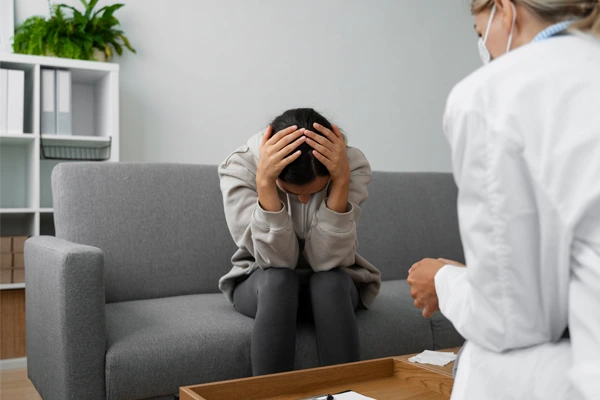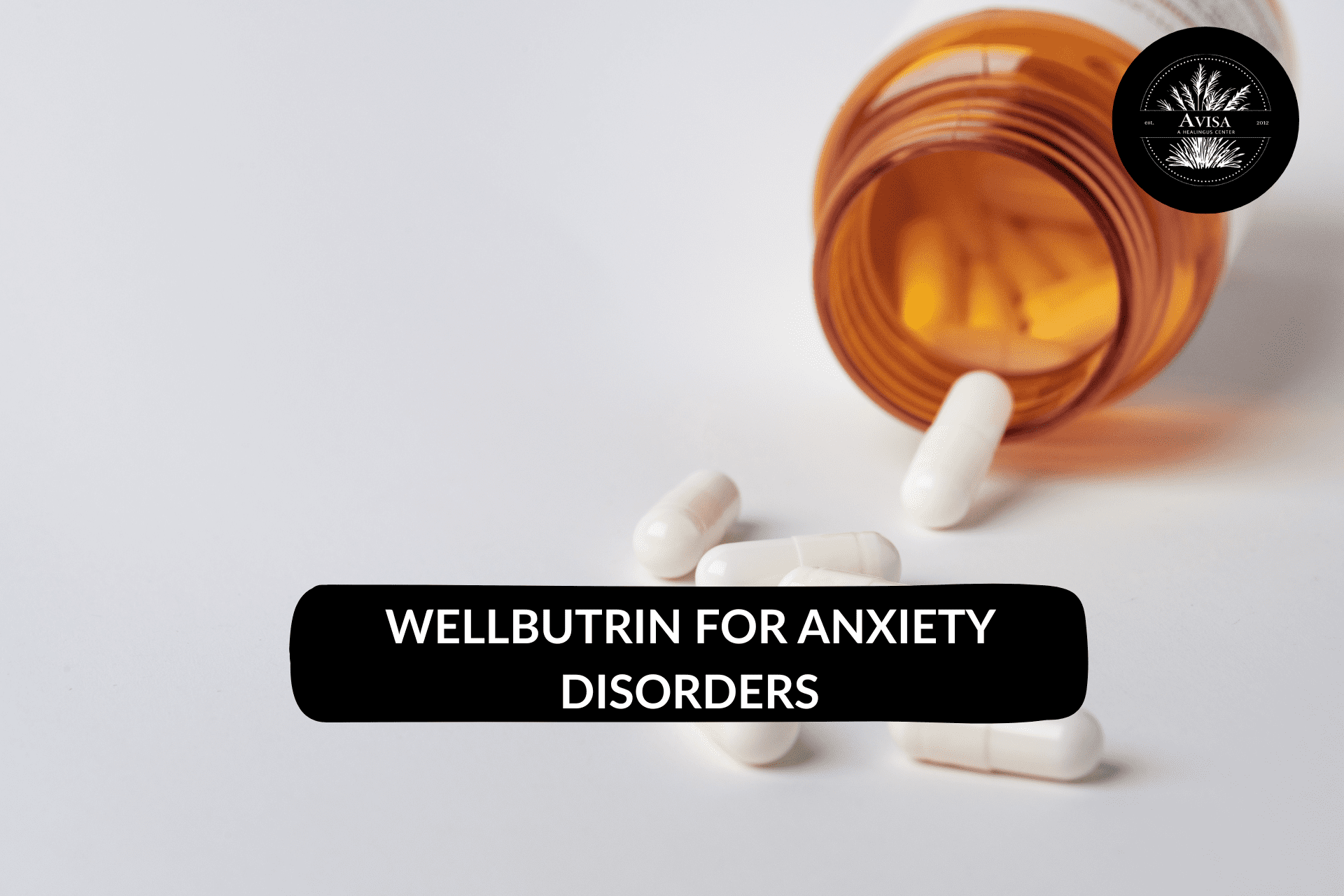Inpatient depression treatment facilities help individuals come out of the loop of depressive thoughts that, with each passing day, make their lives worse.
WHO says depression is one of the leading causes of disability worldwide. 20.17% of youth aged 12-17 reported suffering from at least one major depressive episode in the past year.
Inpatient care has proven to be a game-changer. According to Mental Health America, inpatient treatment not only stabilizes severe symptoms but also significantly enhances long-term recovery outcomes, especially when combined with aftercare programs. These facilities provide a structured and supportive environment, offering individuals the tools they need to reclaim their mental well-being and quality of life.
This blog will help you understand everything you need to know about inpatient depression treatment facilities in New Jersey.
Get Holistic Solutions for Managing Depression
What Is Inpatient Depression Treatment?
Inpatient depression treatment facilities refer to intensive 24/7 care and involve staying at a specialized facility for an extended period to receive intensive care. It is designed for those who require constant monitoring and a structured environment to manage their symptoms effectively.
1. 24/7 Supervised Care
In this treatment, patients stay at the treatment center, ensuring immediate support in case of emergencies, such as self-harm or suicidal thoughts.
2. Comprehensive Treatment Plans
Programs typically include therapy (like Cognitive Behavioral Therapy), medication management, and holistic approaches (e.g., mindfulness or yoga).
3. Structured Environment
A daily schedule is prepared and customized to each patient, which includes therapy sessions, recreational activities, and group discussions to foster recovery.
4. Crisis Management
In Inpatient depression treatment facilities, crisis management is taken seriously. They focus on stabilizing severe symptoms and preventing harm, offering a safe space for recovery.
5. Team of Specialists
Patients are treated by psychiatrists, psychologists, counselors, and nurses working collaboratively to address mental, emotional, and physical health.
This treatment is often ideal for individuals experiencing severe or treatment-resistant depression who need a comprehensive and immersive approach to healing.
Types of Inpatient Depression Treatment Facilities
Just like we have different medications to treat different problems, we have different inpatient depression treatment facilities based on individual needs and affordability. Not all inpatient facilities are the same. Understanding the types available can help you choose the best fit:
1. General Psychiatric Hospitals
These hospitals provide acute care for severe cases and offer intensive medical monitoring and short-term stabilization, including those involving suicide risk.
2. Residential Treatment Centers
These inpatient depression treatment facilities make you feel like home while taking care of your structured therapy sessions. It’s suitable for long-term recovery with a focus on both mental and physical wellness.
3. Specialized Facilities
These specialized inpatient depression treatment facilities focus exclusively on treating mood disorders like depression and anxiety and use cutting-edge therapies, including TMS (Transcranial Magnetic Stimulation) or ketamine therapy, and apply traditional methods wherever applicable.
4. Luxury or Private Centers
These centers are built to provide high-end accommodations and amenities, such as spas or private suites for individuals seeking privacy alongside world-class care.
Why professional treatment is essential for managing depression
While lifestyle changes and support from loved ones are helpful, depression often requires professional intervention due to its multifaceted nature. You can self-diagnose and treat your conditions only up to a limit, depending on which experts are the best to handle them.
Here are some of the evidence-based reasons why you should consider taking expert advice for treating depression:
1. Severity of Symptoms
Severe depression may cause suicidal thoughts, hallucinations, or a complete inability to function, which requires immediate and professional care. Untreated depression can worsen over time, leading to severe consequences like self-harm or suicide. Professional care ensures individuals receive timely interventions to mitigate these risks.
2. Specialized Therapies:
Knowing the cause is as important as suggesting the right treatment. From chemical imbalances in the brain to life stressors, depression can arise from anywhere. Evidence-based treatments such as cognitive behavioral therapy (CBT), medication, or a combination of these are necessary for effective and immediate treatment.
3. Personalized and Ongoing Support
Professionals monitor progress and adjust treatment plans as needed, ensuring the best outcomes. Many treatment centers provide aftercare programs to reduce the risk of relapse and support long-term recovery.
Who Needs Inpatient Depression Treatment?
Inpatient treatment is designed for individuals whose symptoms significantly impair their daily lives or pose safety risks.
1. Individuals at Risk of Harm
People experiencing persistent suicidal thoughts or tendencies and engaging in self-harm or other harmful behaviors need to switch to professional treatment and get a secure and monitored environment to prevent crises.
2. Severe and Treatment-Resistant Depression
There are severe cases where outpatient treatments such as basic therapy and medication have not shown any significant improvement. In this case, depression impairs their ability to function daily (e.g., inability to work, eat, or maintain relationships) and hence need more than a session per week assistance.
3. Co-occurring Disorders
It becomes difficult to handle multiple disorders at once and hence, inpatient depression treatment facilities integrated with resources to address various conditions simultaneously can be helpful.
4. Acute Crisis Situations
If the person starts experiencing psychotic symptoms, such as hallucinations or delusions, related to depression, maybe it’s time to switch to inpatient treatment centers because these situations require immediate stabilization of mood or behavior.
5. People who are old or physically abled
Individuals who are old or physically abled and suffering from depression need 24/7 assistance so that experts can take care of them physically and mentally.
If depression severely disrupts your ability to work, maintain relationships, or care for yourself, switching to inpatient depression treatment facilities could be a life-changing option.
Tired of fighting addiction and mental health struggles?
Ignoring both deepens the struggle. Our holistic approach—detox, therapy, and medication-assisted treatment—can help you heal. Take the first step today.
FAQs: Inpatient Depression Treatment Facilities
Q: How do you know if you need inpatient treatment?
A: If depression symptoms severely disrupt daily life, pose risks of harm, or resist outpatient treatments, inpatient care may be necessary.
Q: Which is better, inpatient or outpatient?
A: Both have their pros and cons. Inpatient care is better for severe cases needing 24/7 supervision, while outpatient care works for mild to moderate symptoms with more flexibility.
Q: What is the process of inpatient?
A: It involves an initial assessment, a structured treatment plan combining therapy and medication, and supervised care in a residential setting.
Q: What are the benefits of inpatient treatment facilities?
A: Inpatient care provides constant support, specialized treatments, a structured environment, and a safe space for recovery.
Q: How long is the inpatient treatment for depression?
A: Inpatient treatment typically lasts 7 to 30 days, with longer stays for severe cases; recovery is supported by ongoing outpatient care afterward.
How Avisa Recovery Can Help You!
Avisa Recovery, based in New Jersey, is a renowned rehabilitation center recognized for its compassionate care and award-winning programs tailored to support individuals on their path to recovery.
With a dedicated team of experienced professionals, Avisa Recovery crafts immersive programs held within specialized facilities, deliberately distanced from the triggers and pressures of one’s home environment. Their holistic approach encompasses evidence-based therapies, comprehensive aftercare, and active family involvement, ensuring a robust support system throughout the recovery process.
Our ultimate objective encompasses furnishing participants with the necessary tools for curbing or evading relapse, rebuilding self-assurance, and uncovering essential reservoirs of resilience and proficiency to combat the allure of substances.
For those seeking expert guidance or specialized care, Avisa Recovery provides proven methods and unwavering support to help individuals reclaim control of their lives and achieve lasting well-being.











